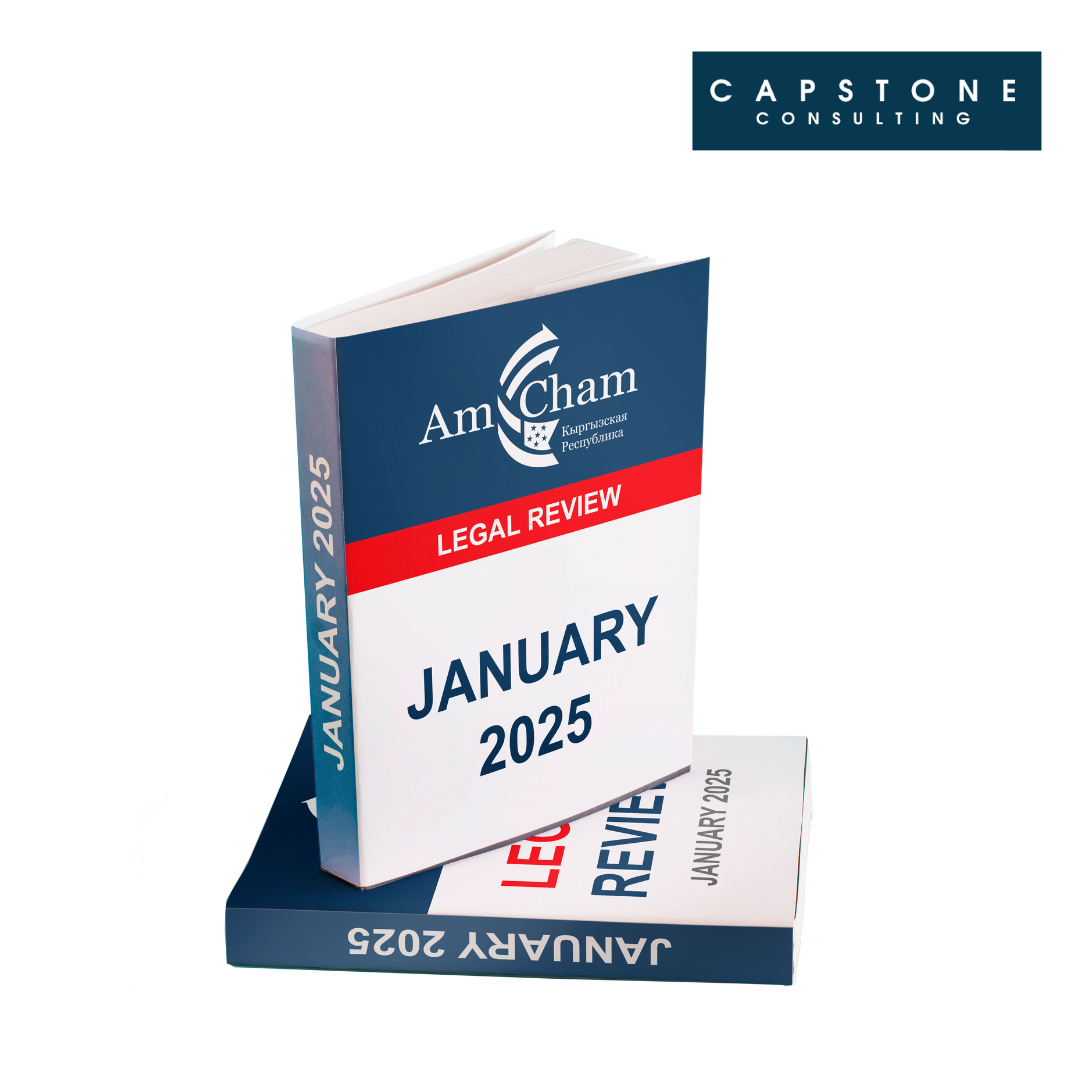On taking measures to reduce the tax burden of the population and business entities
In order to support the population and business entities by reducing the tax burden and transitioning to more efficient tax administration, within a two-month period, a draft proposal will be introduced, providing for the following measures:
– Abolition of the property tax on motor vehicles;
– Exemption from tax obligations related to unpaid property tax on motor vehicles prior to January 1, 2025, provided there is no court decision regarding its collection;
– Setting the property tax rate on agricultural land at 0 percent from January 1, 2025, to December 31, 2030;
– Prohibition of tax audits for tax periods prior to January 1, 2022, except for unscheduled audits during the liquidation of an organization or cessation of activities by an individual entrepreneur;
– Cancellation of tax arrears recognized by the taxpayer, accrued for tax periods prior to January 1, 2022.
The decree enters into force on the date of its official publication.
On the adoption of the Law of the Kyrgyz Republic “On standardization”
The Law “On Standardization” has been adopted.
The law establishes the legal foundations for standardization in the Kyrgyz Republic, including the operation of the national standardization system, and aims to implement a unified state policy in this area. It regulates the relationships related to the development, establishment, and application of standards for products and other objects of standardization.
The law enters into force six months after its official publication.
On the organization of an online service for the re-registration of motor vehicles and ownership rights
Amendments have been made to the Rules for State Registration and Re-registration of Motor Vehicles, Installations, Equipment, and Ownership Rights, establishing the procedure for online state re-registration of motor vehicles and ownership rights.
An online service for the re-registration of motor vehicles will be organized through the State Electronic Services Portal, the “Tunduk” mobile application, or other digital tools of payment organizations. These tools are designed to automate the processes of submitting, processing, and reviewing applications related to the re-registration of motor vehicles and ownership rights via the Internet.
The resolution enters into force ten days after its official publication.
On approval of the procedure and criteria for inclusion of goods in the List of goods exempt from VAT when exported from the territory of the FEZ
The rules and criteria for including goods in the list of items exempt from value-added tax when exported from the free economic zone to the rest of the Kyrgyz Republic have been approved, including when they are transferred to entities that are not residents of the FEZ.
The resolution will enter into force fifteen days after the date of official publication.
On establishment of the discount rate of the National Bank of the Kyrgyz Republic
The discount rate of the National Bank of the Kyrgyz Republic has been set at 9% per annum. The resolution comes into effect on January 28, 2025.
On the adoption of the Labor Code of the Kyrgyz Republic
New version of the Labor Code has been adopted.
The objective of the Labor Code is to establish guarantees for the labor rights and freedoms of citizens, create favorable working conditions, and protect the rights and interests of both employees and employers. The Code regulates labor relations and labor organization, and seeks to balance the interests of the parties and the state.
